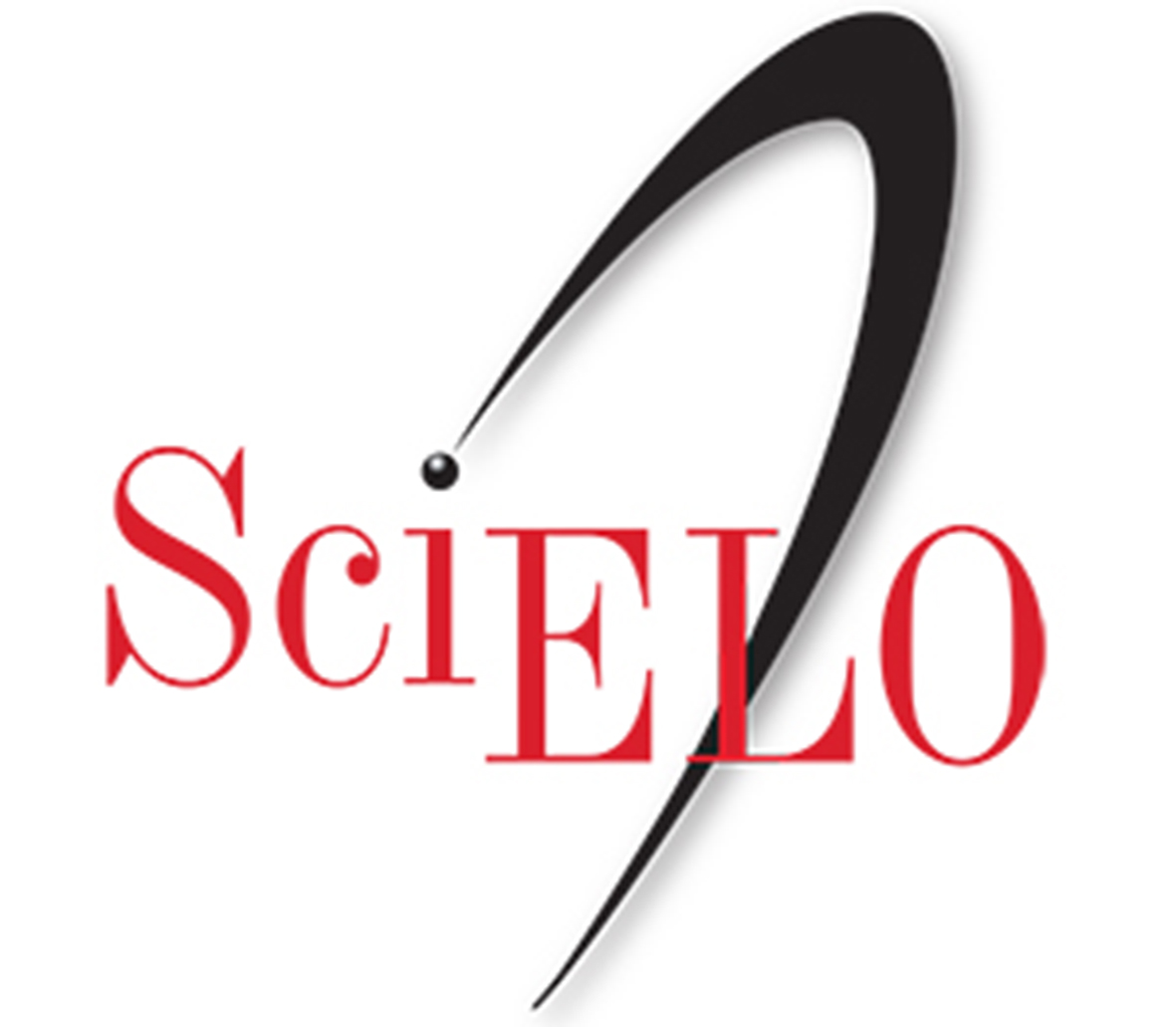SOCIO-ENVIRONMENTAL KNOW-HOW AND THE COPRODUCTION OF LOCALIZED KNOWLEDGE
Abstract
The co-production of knowledge, through socio-environmental know-how, can build closer and more horizontal university-territory relationships. Thus, the objective of this article is to reflect on territorial praxis, considering the importance of socio-environmental know-how as a path to valorizing and activating territorialities. Our place for research-action-reflection is the Madre Maria Domênica Integration Center (CIMMAD), located in the Padre Ulrico neighborhood, in Francisco Beltrão (Paraná, Brazil). As a methodological approach, we developed participatory-action research (PAR), considering the decolonial perspective, as a way of redefining our academic activities. In order to research-act-reflect on the
territory, we chose, together with the subjects involved in the research, to carry out workshops and social cartography. The results make us reflect that this movement contributes to readings of territory as a place of life, in which socio-environmental relations are important sources for the co-production of localized knowledge, based on the construction of popular science or ‘other’ sciences, committed to social transformation.
Keywords: Territory; PAR; Territorial Praxis
References
CARLOS, Ana Fani A. O Lugar no/do mundo. São Paulo, HUCITEC, 1996.
CURY, Mauro J. F. As categorias de território, fronteiras, territorialidades e redes intrínsecas na interdisciplinaridade. In: CURY, Mauro J. F (org). Interdisciplinaridade emterritorialidades transfronteiriças. Curitiba: CRV, 2019, p. 23-34.
SCOBAR, Arturo. Sentipensar con la Tierra: Las Luchas Territoriales y la Dimensión Ontológica de las Epistemologías del Sur. Revista de Antropología Iberoamericana, V 11, N 1, 2016, p. 11 – 32.
FALS BORDA, Orlando. Por la praxis: el problema de cómo investigar la realidad para transformarla. Simposio Mundial de Cartagena, vol. 1, Bogotá, Punta de Lanza – Universidad de Los Andes, 1978, p. 209-249.
FALS BORDA, Orlando. Experiencias teórico-prácticas. In: Una sociología sentipensante para América Latina. Cidade do México: Siglo veintiuno, Clacso, 2015 [1998], p. 303-366.
FLORIANI, Dimas. Por uma epistemologia da diversidade. ResearchGate, janeiro, 2009.
FREIRE, Paulo. Pedagogia do compromisso. América Latina e educação popular. In: FREIRE, Ana Maria Araujo (org). 1 edição. Paz & Terra, RJ/SP, 2018 [1968].
LEFF, Enrique. Ecologia Política: da desconstrução do capital à territorialização da vida. São Paulo: Editora da Unicamp, 2021.
MARTINS, Jose de Sousa. Fronteira, A degradação do Outro nos confins do humano. São Paulo. Editora Hucitec, 1997.
MIGNOLO, Walter. Os esplendores e as misérias da “ciência”: colonialidade, geopolítica do conhecimento e pluri-versidade epistémica. In: SOUSA SANTOS, Boaventura (org). Conhecimento prudente para uma vida decente: um discurso sobre as ciências revisitado. São Paulo: Cortez, 2006, p. 639 – 665.
SANDOVAL-FORERO, Eduardo A. Sentipensar intercultural y metodologias para la sustentabilidade de desarrollos otros. Ediciones de la Universidad Autonoma Indigena de México. 2021.
SAQUET, Marcos. Saber popular, práxis territoriais e contra-hegemonia. Rio de Janeiro: Editora Consequência, 2019.
Authors who publish in this journal agree to the following terms:
- Authors retain the copyright and grant MERCATOR the right of first publication, with the work simultaneously licensed under the Creative Commons Attribution License, which allows the sharing of the work with recognition of the authorship of the work and initial publication in this journal.
- Authors are authorized to sign additional contracts separately, for non-exclusive distribution of the version of the work published in this journal (e.g., publish in an institutional repository or as a book chapter), with acknowledgment of authorship and initial publication in this journal.
- Authors are allowed and encouraged to publish and distribute their work online (e.g., in institutional repositories or on their personal page) at any point before or during the editorial process, as this can generate productive changes as well as increase the impact and citation of the published work (see The Effect of Free Access).
- Authors are responsible for the content of the manuscript published in the journal.






